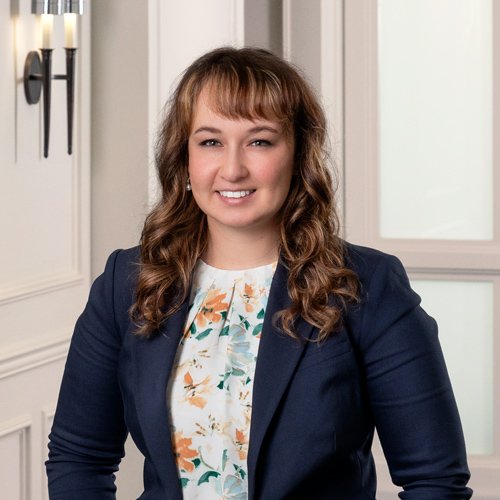The recent case of Khaleel v. Indar, 2024 ABKB 203, acts as a good reminder in respect of costs and Calderbank Offers. In Khaleel, the plaintiff sought recovery of several costs, including double costs for a Calderbank Offer, costs for questioning other defendants, costs for non-testifying experts, as well as costs for a videographer, medical illustrations, and a dispute resolution meeting. The Court denied recovery of double costs and the dispute resolution meeting but allowed the other costs (in part or in full).
In respect of the Calderbank Offer, the plaintiff had issued a Calderbank offer of $700,000 plus costs, but this offer was rejected prior to trial. However, damages were agreed to in the amount of $725,000 (plus costs), pending a trial on liability only.
Ultimately, liability was found, but the Court found it was not appropriate to award double costs to the Plaintiff, finding that because the Calderbank Offer was only 3.6% less than the final damages judgement, it was not truly a reasonable and genuine compromise, and the sole purpose of this Calderbank Offer had been purely to obtain double costs.
Plaintiff’s counsel’s fees
The plaintiff sought $130,000 in fees, pursuant to Column 4 of Schedule C. The plaintiff had entered a contingency fee agreement with plaintiff’s counsel at a rate of 35%. Resulting in the plaintiff’s counsel’s fee amounting to $253,750. The defendant felt the more appropriate amount of fees was $84,769.
In respect of the claim for costs representing plaintiff counsel’s fees, the Court highlighted there is no default rule on determining reasonable and proper costs, relying instead on the Rule 10.2 factors to find the plaintiff was entitled to half the fees they owed to their counsel pursuant to their agreement. The Court made this finding based on the following factors:
a) Medical malpractice actions are difficult and required highly skilled counsel and multiple experts;
b) Most individuals can not advance a medical malpractice action unless they enter a contingency fee agreement and counsel face the risk of not getting paid and carrying significant disbursements until the end of trial;
c) Schedule C costs are meant to address a standard case and medical malpractice actions are not a standard case; and
d) The defendant showed no willingness to settle before trial and only offered a discontinuance without costs.
The Court found that the plaintiff was also entitled to costs for questioning the other defendants, despite these defendants then having been released from the Action by way of Consent Dismissal Orders. The Court held that the Consent Dismissal Orders did not preclude the plaintiff from seeking costs against the remaining defendant for the questioning of the other parties, due to the fact that liability was highly contested and there were information gaps in the production.
The Court held the plaintiff was also entitled to recover some of the disbursements of the three of their experts who did not testify. The Court made this determination by applying the three criteria set out in Forsberg v. Naidoo, 2011 ABQB 705, specifically:
1) The anticipated relevant area of expertise;
2) How that expertise is expected to be relevant to the case; and
3) Why that evidence did not prove to be relevant at trial.
The plaintiff also sought to recover the cost of the dispute resolution meeting, videographer costs for a defence IME, and the cost of medical illustrations.
The Court held the videographer and medical illustrations costs were recoverable. The Court relied on Dirk v. Toews, 2020 ABQB 16, to find the cost of a nominee to attend with the plaintiff at an IME is a recoverable disbursement. The Court noted there was no reason to treat a videographer cost as different from a nominee and awarded the plaintiff this cost. The Court held the medical illustrations met the test for expert disbursements in finding they were reasonable and proper at the time they were incurred. The Court noted that the determination of liability relied heavily on the evidence of the experts.
However, the Court found the dispute resolution meeting costs were not, as set out in Rule 10.31(2). The Court noted that this cost is not recoverable, unless a party engages in serious misconduct during the dispute resolution process.
In summary, Khaleel is a good reminder that careful consideration of each cost and disbursement in necessary to determine the reasonableness of same. Even in instances where a plaintiff duplicates an expert or cannot establish why they retained an expert, they may be awarded partial costs for same. On the other hand, if a Rule precludes recovery, then the Court will uphold the Rule and deny a cost award for same. Further, if a Calderbank Offer solely exists for double costs, the Court will deny same and find a party is not entitled to rely upon the offer for a cost award.

